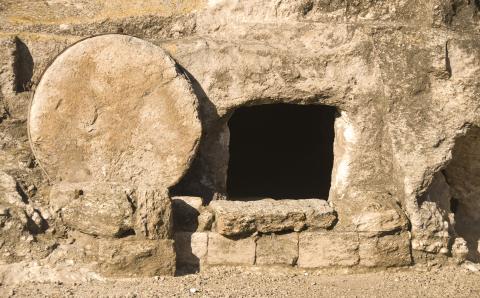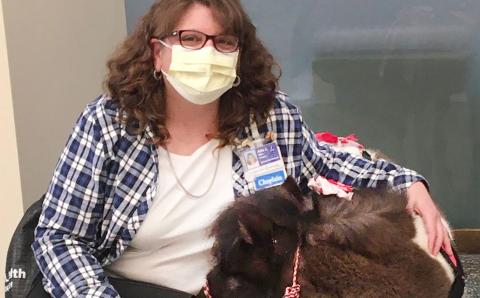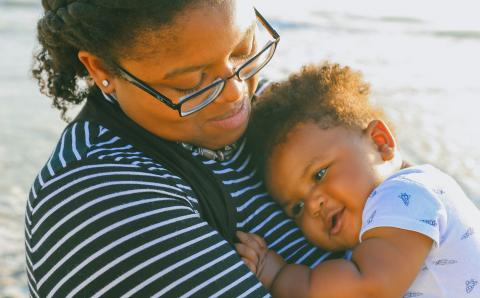We must have a glorified womanhood that can look any man in the face—white, red, yellow, brown, or black—and tell of the nobility of character within Black womanhood. —Nannie Helen Burrows
How well do you think you know the history of the United States? How about the history of those of African heritage? I thought I knew a fair amount of Black history. But then I listened to A Black Women’s History of the United States. Within 10 minutes I knew there was not only a lot of African American history that I did not know, but there was also more to the stories of Black history that I thought I knew. For example, did you know Isabel de Olvera, a woman of African heritage, explored new Spain (much of North America) in the early 1600s and did so as a free woman? That was news to me. I didn’t know there were women explorers in the 1600s, let alone Black free women. Most of my classes on Black U.S. history started with slavery, but we were not always slaves.
The book is a chronological exploration of Black women from the 1600s to 2000. Each of the 10 chapters covers a particular span of history and addresses the historical-political context and social dimensions of life through the eyes of Black women. Black women—their voices, their bodies, their triumphs, their sorrows, and their passion—are centered in this book. Refreshingly so.
“Speaking on behalf of African American women’s rights, Maria urged her white counterparts to think about the condition of Blacks, and in particular, women. Maria’s challenge drives this audiobook and informs our thinking about creating a more inclusive history. Her mission guided our writing of this history of the United States in which Black women and their contributions are on full display” (Author’s Notes).
I finished listening to this audiobook the second day of February—Black History Month. If I could only provide a one-word review it would be “wow.” No, make that all caps, “WOW.” Through years of archival research, reading many personal journals, and listening to the voice of women, historians Daina Ramey Berry and Kali Nicole Gross weave a captivating narrative of the history of the United States like none other I had heard. And certainly not like any history course I had ever taken in 20 years of formal education.
The narration of this book by Janna Edwards is arresting and comforting. Whether she is narrating the brutality of slavery, the wonder of discovery, the joy of relationships, or the unrelenting oppression brought on by a country that one calls home, her voice holds the reader’s attention and makes one feel like things are going to be okay.
I highly recommend this book. It is one of hard truths but also of grace. As a Christ-follower, I see God’s hand of grace and mercy on the lives of Black women in the United States. If you imagine (or know) that Black women are strong and have always wondered where they got their strength from, listening to this book will help you discover the answer. One cautionary note: I would not recommend this book for young readers, as some of the content is violent and there are conversations about sexuality that you might not want young ears to hear. (Beacon Press, Audible, 10 Hours, 2 Minutes)
About the Author
Michelle Loyd-Paige is the executive associate to the president for diversity and inclusion at Calvin University, a member of Maple Avenue Ministries, and the founder of Preach Sista! (preachsista.org).







